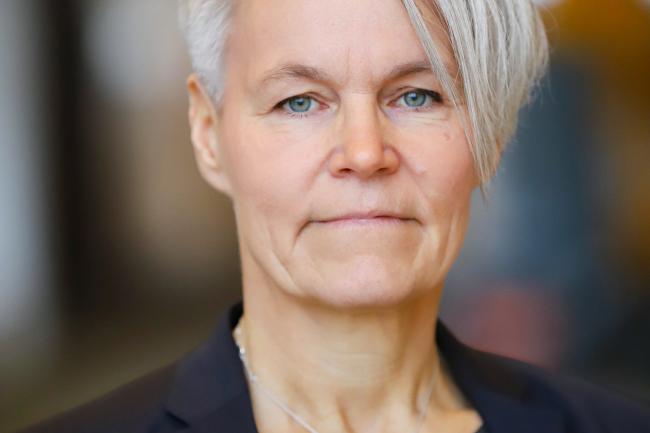The government’s decision regarding external board members sets alarm bells ringing
2023-05-03It is with great concern that we received the government’s hasty decision to shorten the term of external members of Swedish university boards from three years to 17 months. The government refers to the need for more security policy expertise in the boards as a result of the current security situation in the world. Of course, we all need to heighten our awareness and ensure we have the right competence in place to meet these new threats. However, we very much question whether the boards are the right forum for heightened security policy work within the universities. Assigning this to the vice-chancellor would most probably be a more effective way to go about it. The fact that the decision was made in a haste and right at the start of a new term makes it even more sensational.
The decision is fundamentally problematic. The current process for appointing chairpersons and external members of higher education institution boards aims to ensure the balance between the formal status of Swedish higher education institutions as authorities and their core mission of seeking and imparting knowledge, as well as the balance between public interest on the one hand and academic freedom on the other. Through a nominator directly appointed by the government and a person appointed on the proposal of the higher education institution, the government has been able to retain the appointment power and at the same time make decisions based on a thorough, balanced and objective nomination process. The government has now decided to assess, through some form of new process and within a short space of time, whether the appointed members have the competence deemed required in the university boards from a political standpoint. In a worst-case scenario, this could lead to boards with a significantly stronger political role. This is a dangerous development for education, research and our democratic society.
The Association of Swedish Higher Education Institutions, SUHF, has written an official letter to the government with sharp criticism against the decision. The letter was signed by the vice-chancellors of the country’s higher education institutions, including Karlstad University. As acting vice-chancellor, I fully support the protest. We guard the university’s autonomy and self-determination in relation to more direct political influence.
Margareta Friman, Acting Vice-Chancellor of Karlstad University


